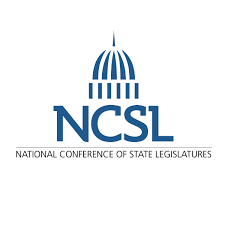As concerns arise regarding the effects of social media usage on children’s mental health, state legislators are introducing measures to protect children while using the internet and internet-based forms of communication, including social media. The legislation includes bills and resolutions that:
- Create study commissions and task forces.
- Establish age-appropriate design codes and require impact assessments.
- Require age verification or parental consent to open social media accounts.
- Add digital and media literacy courses or curriculum for K-12 students.
- Regulate the use of cellphones in schools.
At least 40 states and Puerto Rico have pending legislation in 2024. At least 50 bills have been enacted including:
- California created the Protecting Our Kids from Social Media Addiction Act; provides that if an individual is a minor, then an addictive internet-based service or application must create a mechanism where the minors parent can prevent their child from receiving notifications at a certain time and limiting the service for a set amount of time, among other elements.
- Colorado required the Department of Education to create and maintain a resource bank of existing evidence-based, research-based scholarly articles and promising program materials and curricula pertaining to the mental and physical health impacts of social media use by youth, internet safety and cybersecurity.
- Florida required a commercial entity that knowingly and intentionally publishes or distributes material harmful to minors on a website or application, if the website or application contains a substantial portion of material harmful to minors, must use either anonymous age verification or standard age verification to verify that the age of a person attempting to access the material is a certain age or older and prevent access to the material by a person younger than a certain age.

